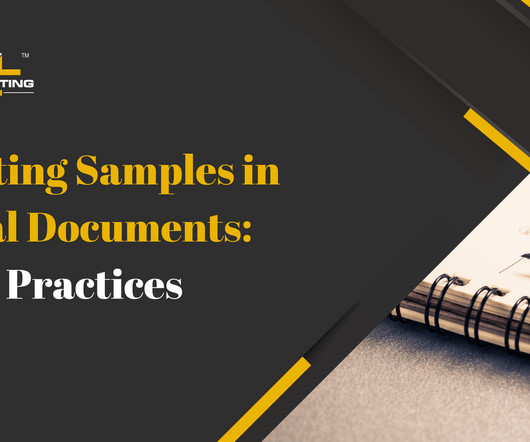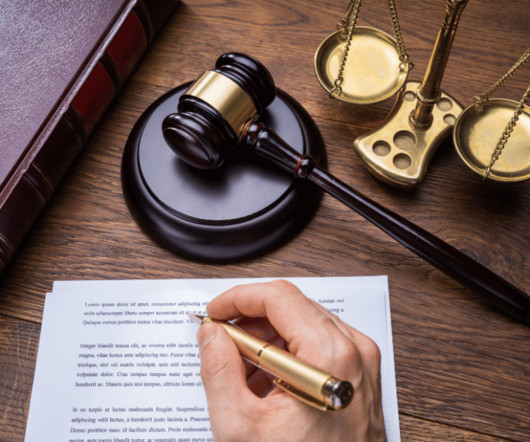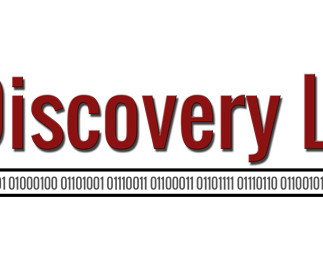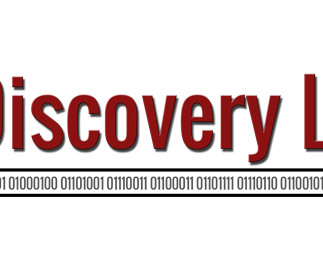How to Improve Legal Writing Skills: Strategies, Examples & Best Practices
Legal Writing Launch
OCTOBER 1, 2024
Citing Authorities Backing your arguments with citations from relevant statutes, case law, and legal texts strengthens your position. For instance, when citing a landmark case, include not just the case name but also relevant excerpts that directly support your argument. This includes referencing statutes and case law.
























Let's personalize your content